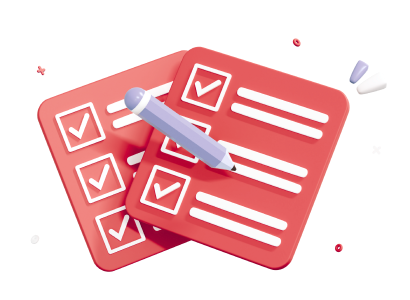Cast your Vote
 You may be inadvertently sharing your personal health details with the world. If you've ever looked up symptoms on Google, used any fitness app to track your steps, or even posted a question in an online forum, all of these methods seem harmless, but such data is linked to you via your device. Furthermore, your inquiries may not be protected by healthcare privacy laws. People have become extremely concerned due to cybersecurity deficiencies as well.
You may be inadvertently sharing your personal health details with the world. If you've ever looked up symptoms on Google, used any fitness app to track your steps, or even posted a question in an online forum, all of these methods seem harmless, but such data is linked to you via your device. Furthermore, your inquiries may not be protected by healthcare privacy laws. People have become extremely concerned due to cybersecurity deficiencies as well.
Aflac, one of the largest health insurance companies in the world, fell victim to hackers in June 2025. The breach may have exposed personal information, including claims data, health information, and Social Security numbers, for customers, beneficiaries, employees, and agents. There is also speculation that patients’ information is gathered, shared, and/or sold without them knowing.
Some aspects of digital healthcare have made life more convenient. Several hospitals use EMRs (Electronic Medical Records) to treat their patients. However, research from ScienceDirect revealed that managing huge amounts of sensitive and private data is not that simple. In fact, it’s one of the main reasons a lot of health experts do not completely trust EMRs.
People have also begun to rely on artificial intelligence to discuss symptoms and to research treatment for medical conditions, but safety isn’t guaranteed. According to BMC Medical Ethics research, most AI tools are owned by private companies, which means the data of patients may be on their servers and not merely confined to hospitals.
In some cases, public-private partnerships have shown very poor privacy and security practices. Doctors are even sharing real-life medical cases on their social media handles to teach others or make connections. It’s great for education, but you probably wouldn't trust strangers with your photos or medical details, especially when it can put your privacy at risk.
In some countries, especially in the European Union, data protection laws such as the GDPR (General Data Protection Regulation) have been established to solve this issue. HIPAA law, in most countries, usually applies to only your hospital, doctor, or health insurance company, so security might become a question mark.
A good measure to take is reviewing the privacy policy of those you share sensitive information with. You may also want to disable unnecessary permissions on certain sites that you visit. It also helps to use privacy-friendly search engines like DuckDuckGo. Most importantly, experts recommend updating your apps and phones to fix security bugs.
We live in a world where data is easier to share than ever, and you cannot take it for granted. Once your personal health information is leaked, getting it back is not that simple.

